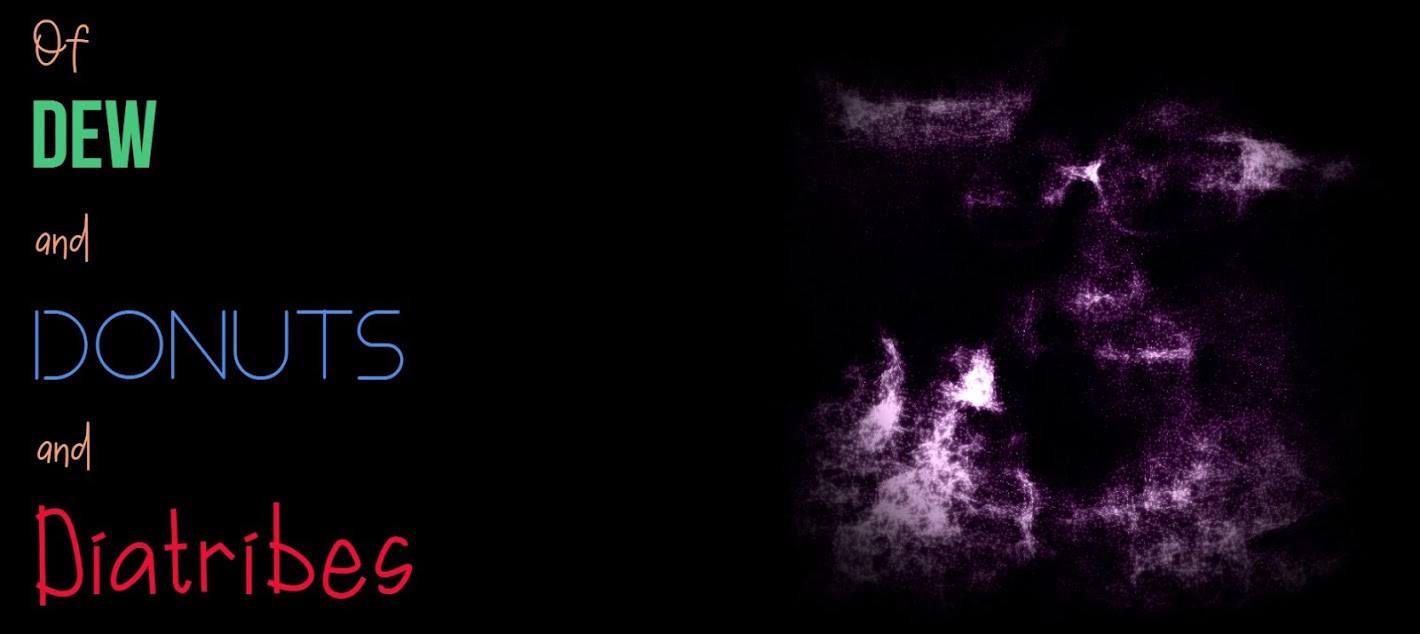Melanie’s paternal grandparents have always been extremely loving and welcoming. They treated me like family from the start. I certainly felt closer to them than I do to her other grandparents. I have been at their house numerous times, have had numerous conversations with them. They were good people. There was only one time during the grandfather’s funeral that I got choked up. It was at the graveside, when the soldier presented the folded American flag to Melanie’s dad and said, “On behalf of the President of the United States, the United States Army, and a grateful nation, please accept this flag as a symbol of our appreciation for your loved one’s honorable and faithful service.” (Melanie’s grandpa had served in the Army.) I’m not very sentimental about patriotism, and it certainly wasn’t the patriotism itself that moved me. But something about the ritual did. I think it was simply the loving and respectful gesture that it was both to Melanie’s grandpa and to her dad.
Melanie’s brother William and his wife, Michelle, made a sash that they placed on top of the casket. The sash read, “It’s a jungle out there!” Melanie asked what the meaning of it was, and William said their grandpa had always included with his goodbyes, “Be careful, it’s a jungle out there!”
Before the brief graveside services, there was a funeral at Melanie’s grandfather’s church. Melanie had been asked to give the invocation, and I the benediction. We agreed. Later, Melanie and I learned that we are officially prohibited from giving prayers at an LDS funeral due to the fact that we aren’t LDS. This is an appalling and offensive policy, as far as I’m concerned. What is the reasoning behind it? If we’re not LDS, our prayers won’t reach God? Fortunately, anybody that would’ve tried to stop Melanie and me from saying prayers was apparently unaware, either of the policy itself or of the fact that we were the ones giving the prayers—or, perhaps most likely, of the fact that we aren’t LDS. And so, Melanie and I were able to offer the prayers without opposition.
As willing and honored as I was to give the benediction, there was some mild anxiety associated with doing so. Public speaking wasn’t my concern, it’s that Melanie and I now pray differently from most LDS people, and most LDS people aren’t very comfortable with anything out of the LDS norm. Not that our prayers are radically different, unless you’re LDS and find any non-LDS prayers radical. But Melanie and I usually don’t address God as “Father” in public prayers. I frequently do in my own prayers, but I avoid it publicly in order to be more inclusive, realizing that some people don’t resonate with identifying God in such masculine terms. (Melanie and I knew some people at the funeral would not be LDS, and while I didn’t know what their particular views of God would be, I thought sensitivity and erring on the side of neutrality was a good thing.) Melanie and I also use the terms “you” and “your” rather than the LDS-preferred terms “thee” and “thy.” I don’t think “thee” and “thy” are bad, per se, but as I’ve gone through my own faith journey, such language gradually felt less and less comfortable and/or natural to me and thus fell out of use in my own personal life. I was going to avoid the issue by phrasing things in careful ways, like saying “we’re grateful for” rather than “we thank thee/you for.” But before I had time to realize it, the first three words to come out of my mouth after addressing God were “we thank you.” I hope such a trivial thing would not stand in the way of someone worshipping and appreciating the actual message within the prayer, but unfortunately, I’d say it’s incredibly likely the language I used was rattling at least a few people. Anyway, I wanted the content and not just the language of my prayer to be as accessible to as many people as possible, so I simply prayed that this would be an opportunity in which we could be reminded of the unifying power of love and that we wouldn’t let differences obscure love in our lives. I prayed that we wouldn’t squander our time and relationships on anything less than love. I have no idea if such a prayer could, would, or did resonate with most of the people in the audience, what with my having called God “God” and saying “you” and all. But here’s hoping. I can say it was a sincere prayer on my part.
By the way, this was the first time any of my children have attended a viewing or funeral of any kind. Before the viewing (immediately before the funeral), my boys were quite interested in seeing their great-grandfather. I think the idea fascinated them. They didn’t react much once they did see him, so I’m not sure what they thought about it. They didn’t go from being hyper to being quiet, so as to suggest that they were disturbed. They just didn’t seem all that interested after a few seconds. They didn’t comment much on it, so I’m really not sure how profound an experience it was for them.


No comments:
Post a Comment